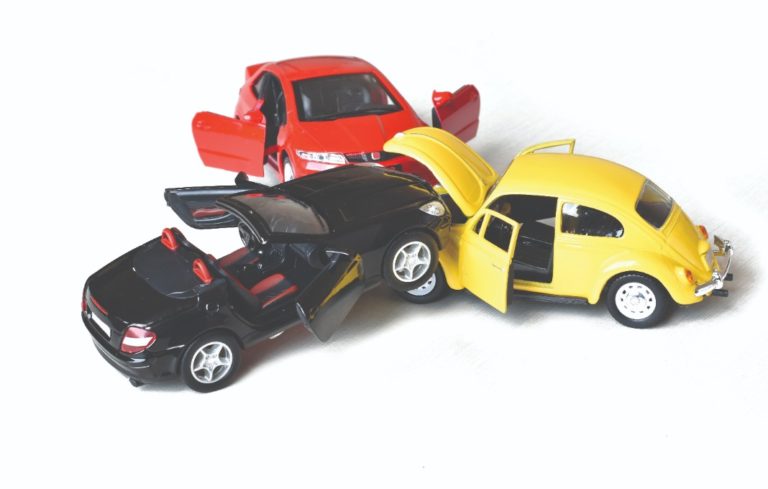 Sometime this spring, if not delayed by the pandemic, the Supreme Court will hear arguments in a case that could fundamentally change how product liability lawsuits are handled in U.S. courts. It involves the seemingly arcane subject of jurisdiction, or whether a court has the authority to decide a case.
Sometime this spring, if not delayed by the pandemic, the Supreme Court will hear arguments in a case that could fundamentally change how product liability lawsuits are handled in U.S. courts. It involves the seemingly arcane subject of jurisdiction, or whether a court has the authority to decide a case.
In Ford v. Bandemer, the Minnesota Supreme Court decided that Ford Motor Co. could be sued in state court over a 2015 accident in which Adam Bandemer was injured after the 1994 Crown Victoria he was riding in slammed into the back of a snowplow. Bandemer claims the Crown Vic’s airbag failed to deploy.
Ford doesn’t deny it made the car. But it says the auto was manufactured in Ontario, sold in North Dakota and only wound up in Minnesota after 17 years and several transactions on the used-car market. While Ford sells thousands of cars each year in Minnesota, it didn’t sell this car, the company argues, and it shouldn’t be forced to appear before a potentially unfriendly Minnesota jury to defend itself.
A decade or so ago, this argument would have been laughable. Generations of judges and legal scholars had established the idea that companies could be sued over products they released “into the stream of commerce,” as courts put it, regardless of where they were based or where the products were made. The foundational decision also involved a car: In MacPherson v. Buick Motor Co., Justice Benjamin Cardozo, then a New York judge, ruled the Detroit auto manufacturer could be sued in state court after the wooden wheel on the plaintiff’s 1909 runabout fell apart, rejecting arguments that the customer could only sue the New York dealer that sold him the car.
State courts soon became an arm of the regulatory machine, handing down expensive verdicts that plaintiff attorneys and their academic supporters said provided an important check on corporate greed. California, ever the tort law innovator, edged toward imposing strict liability for any product a hypothetical “reasonable” person would find dangerous. Lawyers started gathering plaintiffs from multiple states and even foreign countries in “magic jurisdictions” known to deliver hefty jury verdicts.
Then, the conservative majority on the U.S. Supreme Court stepped in. Citing the 14th Amendment’s guarantee of due process, the high court ruled companies must be have “continuous and systematic” connections with a state to be sued there, and state courts can only exercise so-called “specific jurisdiction” over cases involving activities that occurred within the state.
Now, manufacturers and business associations like the U.S. Chamber of Commerce are urging the Supreme Court to go a step further and set boundaries on what constitutes an activity within the state.
“Ford had nothing to do with the fact the car ended up in Minnesota,” says Andrew Pincus, an attorney with Mayer Brown who has filed briefs in Ford v. Bandemer on behalf of the Chamber. “Our whole theory is the company’s activities in the state must have a sufficient connection to the plaintiff’s claim in order to subject the company to personal jurisdiction.”
Minnesota’s highest court said it was enough that Ford sold lots of cars in the state and ran advertising urging Minnesotans to buy more. But Ford says there has to be a more direct link to the injuries it is being blamed for causing. Will the Supreme Court agree? Doing so could dramatically change the fate of product-liability litigation in the U.S.—and, not incidentally, put a dent in the income of some of the nation’s richest and most powerful lawyers.








